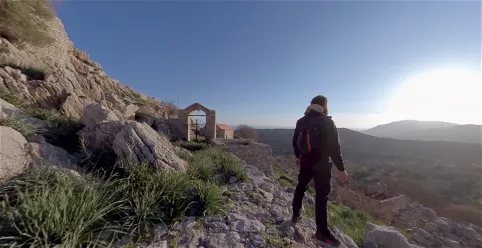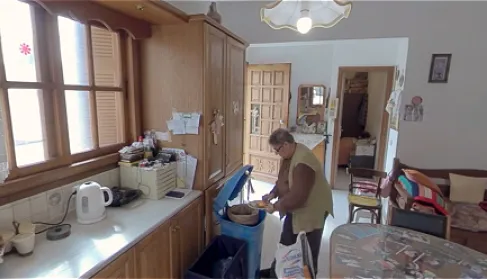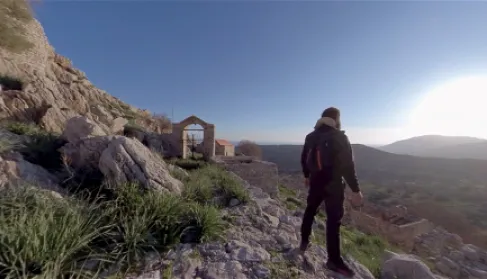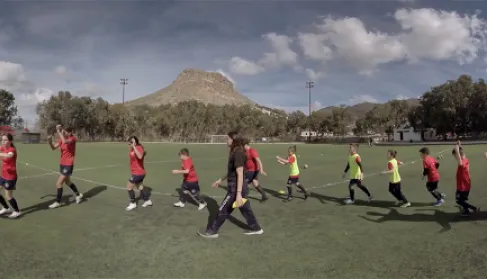Extreme Circularity in Tilos
Sustainable Business Model Innovation
Extreme Circularity in Tilos
Sustainable Business Model Innovation
Description
This immersive experience describes how the Greek company Polygreen turned the Aegean paradise of Tilos into the world’s first zero-waste island. It follows the implementation of a business model based on the principles of circular economy and completely changes the traditional waste management model in the region.
Learners take a journey on Tilos island, following the typical process waste goes through. Starting with a household generating waste, while exploring different scenarios around household sorting, to secondary sorting and processing by the waste management company.
The experience offers an immersive exploration into the value and approaches of raising awareness in a community where sorting and recycling are not the norm. The key points in the case are:
- The role consumers/households play in making circularity work
- Identifying the incentives needed for public engagement.
- Operational transparency matters in engaging the public in circular practices
The case is closely linked to an INSEAD research project in cooperation with Polygreen. The research uncovers the feasibility of enabling similar business models in new markets, where one can apply the learning from Tilos.

Learning objectives
- Explain the principles of circularity and the importance of consumer participation in the process
- Understand effective process management in the context of circularity
- Design strategies that enable profitable societal impact
- Gain a deeper understanding of the impact of messaging and human motivation
Unique Features
- Behavioral lab in class - condition led experience
- Site visit - full process immersion
- Authentic evaluations- Assessment features
90 - 120 minutes
Experience segments - 3


